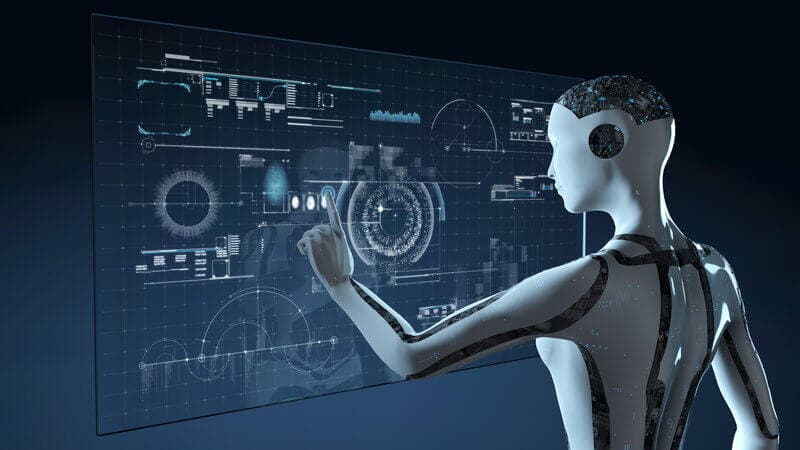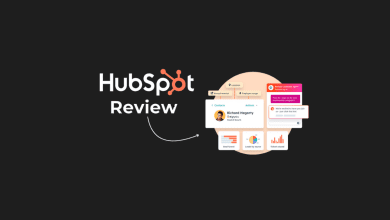When Will Artificial Intelligence Become Widespread

Artificial intelligence (AI) is already becoming widespread in many industries and sectors, but it is difficult to say exactly when it will become truly ubiquitous. Some experts believe that AI could become widespread within the next decade, while others believe that it could take several decades.
There are a number of factors that will influence the rate at which AI becomes widespread. One important factor is the cost of developing and deploying AI systems. As the cost of AI continues to decline, it will become more accessible to a wider range of businesses and organizations.
Another important factor is the availability of data. AI systems are trained on data, so the more data that is available, the better AI systems can perform. In recent years, there has been an explosion in the amount of data that is being generated and collected. This trend is expected to continue in the coming years, which will provide AI systems with access to the data they need to become even more sophisticated and capable.
Finally, the rate at which AI becomes widespread will also depend on public acceptance. There are some concerns about the potential negative impacts of AI, such as job displacement and the development of autonomous weapons. It is important to address these concerns and build public trust in AI in order for it to become truly widespread.
Overall, it is likely that AI will become increasingly widespread in the coming years. However, the exact timeline is difficult to predict. It will depend on a number of factors, including the cost of AI, the availability of data, and public acceptance.
Here are some specific examples of how AI is already being used in a variety of industries and sectors:

- Healthcare: AI is being used to develop new drugs and treatments, diagnose diseases, and provide personalized care to patients.
- Finance: AI is being used to detect fraud, manage risk, and make investment decisions.
- Manufacturing: AI is being used to automate tasks, optimize production, and improve quality control.
- Retail: AI is being used to personalize recommendations, improve customer service, and predict demand.
- Transportation: AI is being used to develop self-driving cars and trucks, and to optimize traffic flow.
These are just a few examples of how AI is already being used in the real world. As AI technology continues to develop, we can expect to see even more widespread adoption of AI in all aspects of our lives.










